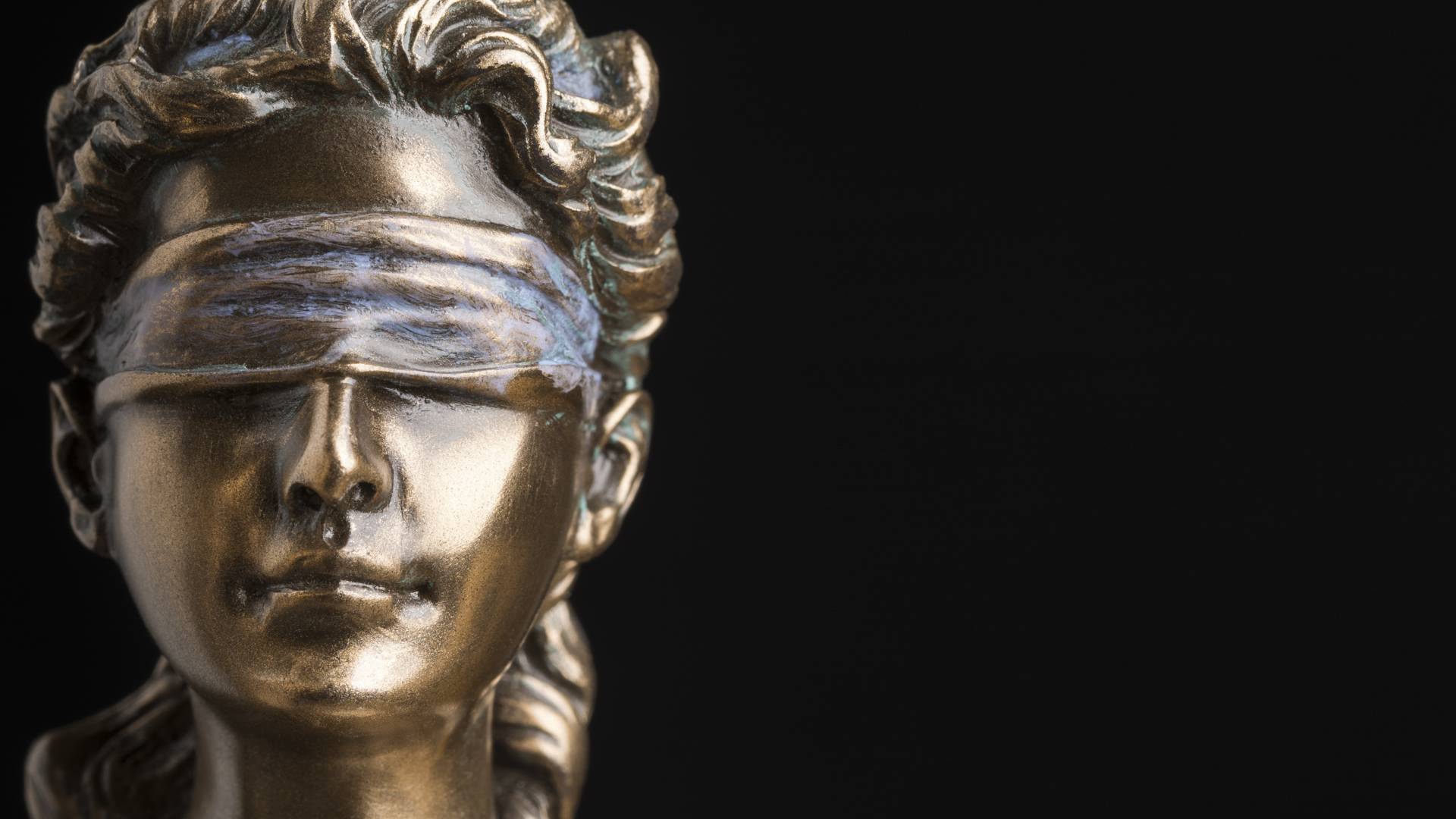College is a time of growing and learning, but it can also bring on its share of stressful experiences. Unexpected events can lead to criminal accusations for students. Depending on the allegation and its severity, the consequences could have an immense impact on a student’s future.
In this blog post, we'll discuss some common criminal allegations college students face along with a broad overview of potential consequences.
A List of Common Crimes
Here's a list of crimes that college students are often accused of:
- Theft and burglary
- Drug possession and use
- Cyberbullying and harassment
- Sexual assault and harassment
- Hate crimes and discrimination
- Fighting and disorderly conduct
- Vandalism and property damage
- Driving under the influence (DUI)
- Underage drinking and possession of alcohol
- Academic dishonesty, such as cheating on exams or plagiarizing
It's important to note that being accused of a crime does not necessarily mean that the accused is guilty. It's important to protect your rights and seek legal advice if you are accused of a crime.
How Criminal Allegations Can Affect a College Student's Enrollment
A criminal allegation can have a significant impact on a student's life and may even lead to changes in enrollment status. Students must review the disciplinary process of their college. They must be aware of penalties such as suspension or expulsion might have on enrollment. In some campuses, the allegation alone is enough for expulsion.
Students should also consider any government restrictions that could hinder their degree. Some degrees are dependent on a clean record, and even a mere accusation could make a student ineligible.
The Impact of a Criminal Allegation on College Housing
College students must remain aware of the criminal justice system along with the unique consequences they can face. A criminal allegation, for instance, can affect their housing. They could lose the right to live in dorms or even in an off-campus apartment.
Tips for Avoiding Criminal Activity on College Campuses
College life often comes with the temptation to be reckless and make poor choices. Students should take steps to avoid getting into trouble.
Researching and understanding each school’s code of conduct, regulations, and community standards is essential. By familiarizing yourself with these guidelines, you can ensure that you don't find yourself in an unhealthy situation. Some campuses, for instance, restrict any drinking or smoking, even when students are of legal age.
Additionally, remember to follow all rules regarding proper decorum at campus events or even on a night out with friends.
Finally, you should always put safety first. Remember that problems created by irresponsible or illegal behavior have serious consequences that could haunt you for many years.
How College Students Should Respond When Accused of a Crime
The first step is to contact the college's student legal resource center. Make sure you understand the charges and your next steps.
Always be aware of your rights, and study the potential consequences of an accusation. Researching both local and federal laws related to the offense is helpful, too.
Set up an appointment with an attorney. Sometimes, they can represent you in front of the school board. If that is not allowed at your campus, an attorney can prepare you for the hearing. In either case, they can help build a defense and gather helpful evidence.
Resources Available to College Students Facing Criminal Charges
College students facing criminal charges can seek help from several sources. Legal advisors, such as attorneys or public defenders, can provide counsel and aid with court proceedings. Academic support might also be available for students placed on disciplinary, probationary status. Depending on their college or university's policies, students may also qualify for mental health services and/or academic counseling. If you are facing criminal charges, seek support that can help you continue your education.
Masella Law Firm, P.A. is here to help defend college students and preserve their futures. If you or your child needs help, contact us right away by calling (803) 938-4952 or filling out our online contact form.
